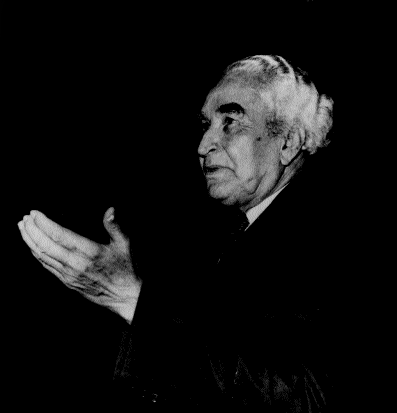|


When Bustamante began to make his presence felt in Jamaica,
the country was still a crown colony. Under this system, the Governor had, at all times,
the right to veto, which he very often exercised against the wishes of the majority.
Bustamante was quick to realise that the social and economic
ills that such a system engendered had to be countered by mobilisation of the working
class.
Pay and working conditions were poor in the 1920s and 1930s.
Failing harvests and the lay-off of workers resulted in an influx of unemployment from the
countryside into the city. This mass migration did little to alleviate the already
tremendous unemployment problem.
Bustamante first impressed his name on the society by a
series of letters to the Gleaner and occasionally to British newspapers calling attention
to the social and economic problems of the poor and underprivileged in Jamaica.
The years 1937 and 1938 brought the outbreak of widespread
discontent and social unrest. In advocating the cause of the masses, Bustamante became the
undisputed champion of the working class. He also confronted the power of the colonial
Governor, declaring, "Long live the King! But Denham must go."
During the troublous days of 1938 the security forces were
everywhere eyeball to eyeball with Bustamante and the workers. Labour unrest continued on
and off.
On September 8, 1940, Bustamante was detained at Up Park Camp
for alleged violation of Defence of the Realm Act. He was realised seventeen months later.
In 1943 he founded the Jamaica Labour Party (JLP) with
himself as head. The first general election under Universal Adult Suffrage came in 1944
and the JLP won 22 of the 32 seats.
Sir Alexander became Jamaica’s first Prime Minister in 1962.
He retired from active politics in 1967. He died on August 6, 1977, at the age of 93.
|